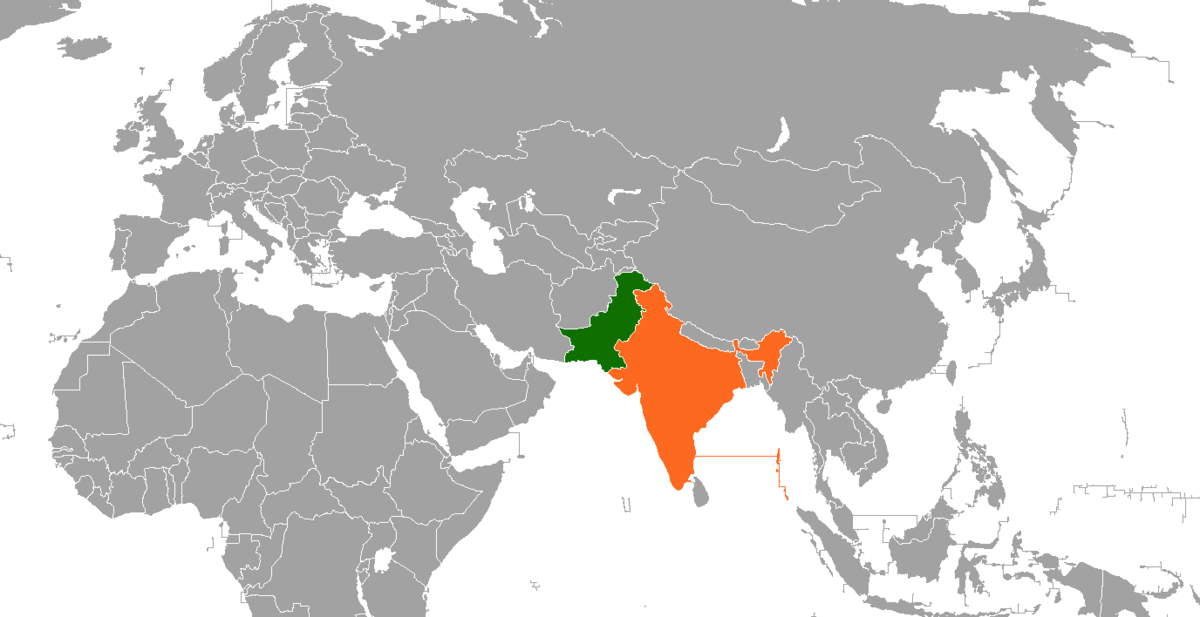
The United States Court of International Trade determined that the International Emergency Economic Powers Act does not grant the president the authority to unilaterally impose broad tariffs. The court's decision, delivered by a three-judge panel, permanently enjoins the enforcement of the tariffs, stating that the administration's justification did not meet the statutory threshold of an "unusual and extraordinary threat" required under IEEPA.
In their defense, senior officials from the Trump administration argued that limiting the president's emergency tariff powers would disrupt ongoing trade negotiations and potentially jeopardize the ceasefire between India and Pakistan. They claimed that the tariffs served as a strategic tool to facilitate diplomatic resolutions, including the de-escalation of tensions in South Asia.
Commerce Secretary Howard Lutnick, in court filings, asserted that the administration's use of tariffs was pivotal in achieving a fragile ceasefire between the two nuclear-armed nations. He emphasized that the president's ability to leverage trade measures was essential for effective diplomacy and national security.
However, the court found these arguments unpersuasive, emphasizing that the imposition of tariffs under the guise of emergency powers lacked a legitimate basis. The judges highlighted that the IEEPA is intended to address specific national emergencies and does not authorize the president to implement broad economic policies without congressional approval.
The ruling has significant implications for the scope of presidential authority in trade matters. It underscores the constitutional principle that Congress holds the power to regulate commerce and that any delegation of such authority must be clearly defined and limited.
